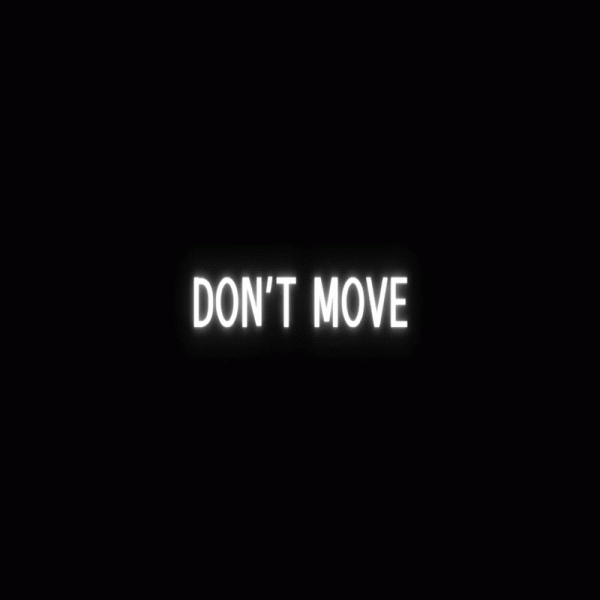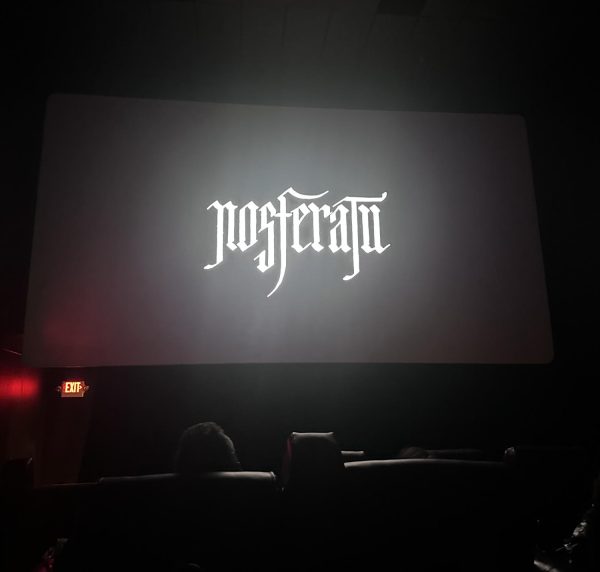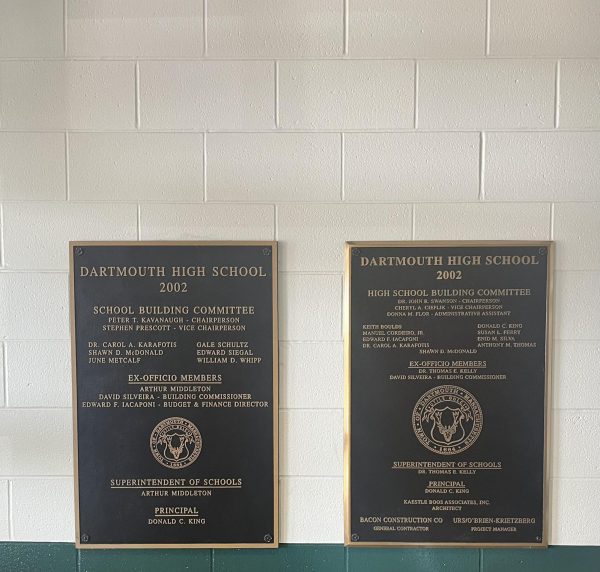Life minus a parent: One student’s experience
Death is never an easy subject.
It’s messy, teary-eyed, and a straight buzzkill. Rightfully so in a way. There are some who have never experienced death, aside from a mere mention of a friend. There are others who are followed by it, never really out of the mist that comes with eternal rest. In conversation, it’s a prominent taboo.
I’ve learned, first-hand, how awkward the topic of death can be. I personally joke about death and dying in order to make it seem less intense. I don’t get mad. I don’t yell or scream or sob. I just tell jokes. I once told my mom that I’m “one half of a whole Orphan Annie.” The copious amount of dead-dad puns I’ve made in the past year has helped me heal, even at the expense of those who listen.
One week before my sophomore year of high school started, my father passed away at age 52 from kidney failure. Though my memory of the incident is beginning to become foggy, I can tell you it took 12 hours to come to a decision as a family to collectively “pull the plug,” and that the sun was setting as his heart stopped.
Only two and a half years later, and I’ve gone through more milestones in my high school career than I did in the time that he was alive. I got my license as well as a car (which belonged to him in life), I got accepted into my first-choice college, and soon I will be graduating. My father will never physically see me get dressed up for prom, accept my diploma, or wish me luck on my way to college. He will never see me as an adult or give me life advice on what it’s like to be older.
I rely on memories and stories from family members to fill in the gaps that his death left me with. My dad was many things: a barber, an older and little brother, a husband, a friend, and his own enemy. With each story I gather, I store away this new ideal of him, helping me learn that where I am today is just the start of a long journey. There is more to a person than what we believe to be true, there is no end to a person’s story, even after death.
As a whole, I cannot speak on behalf of the entirety of kids who have lost one or both parents during their school career. In my own experience, I can recall the pain, the anger, the bitterness, and resentment that festered throughout my mind on the road to acceptance. I can tell you that when it happened, I felt as if the whole world was twisting and turning without a harness, that there was a part of myself missing that I wasn’t sure I could fully cover up on my own. It did, however, set me up to heal and grow and learn how to become stronger. No matter how cheesy that sounds.
This world has become my reality, something to get used to like the chill of a pool on warm skin. Once you’re there, it’s seemingly impossible to leave. Though, with the senior privileges and events coming up, some faculty and parents themselves may not realize that two guardians present isn’t the norm anymore.
We grow up thinking about the perfect nuclear family with two doting parents who live into their late-80’s and look back with smiles on their faces when seeing their little ones morph into adults. My mother is turning 52 this year and still has both her parents, and yet she has to see her three daughters look to her as their sole guardian.
In one instance, I was asked by a fellow student’s mother why my mom and I have differing last names. On the CommonApp, there is no section to fill out for a dead parent, so instead, I put “deceased” under the contact information. Hopefully the grave has a landline.
The number of times I’ve been asked, “So what does your dad do for a living?” when talking about my mom is tiring. This is, in its own mindset, oddly calming that my reality is not theirs. It’s nice to think of a world where these things do not occur.
They do happen, however.
I will carry this bittersweet emotion with me toward graduation. I will leave behind multiple things in DHS when the time comes. I will say goodbye to my parking space, my time on The Spectrum, and the moments when I could ring up my dad and go to the movies with him.








Nicole Sheahan • May 31, 2016 at 10:28 pm
Abbey, thank you for sharing your story, which is, as you note, a story that is more common than we tend to think. Your willingness to share might just make someone else feel less alone. I’m sure this was difficult to write, but your writer’s voice has made it easy to read.
sam brodsky • May 3, 2016 at 8:35 am
well written and powerful. thanks.
Derek • May 3, 2016 at 2:51 am
Incredibly done Abbey it was eloquent and shows your spirit and heart fantastic job